“With one sentence he changed my entire approach and set the foundations for success.” – Kit Malthouse, MP for NW Hampshire and Minister of State for Policing
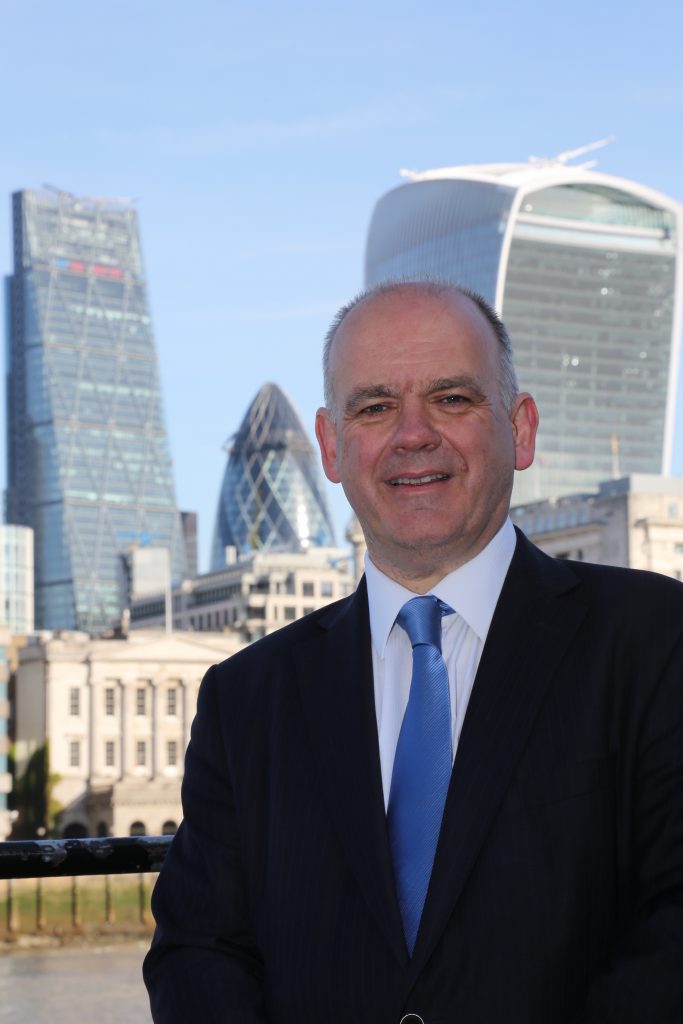
Councillors have an important role but so often their hard work goes unappreciated.
When the excitement of winning your first election is over, holding office at local level can feel like a hard slog with few rewards.
It’s tough to get the bureaucracy to respond to your requests for help.
It’s tough to get the media to report your efforts.
And it’s tough to get recognised and promoted in a large local authority.
And typically, you will have a term of just four years to achieve your goals – Trust Me, those years will fly by.
So how can you become more effective?
How can you progress from Enthusiastic Campaigner to Accomplished Political Advocate?
I was just 25 when I was elected to my local council.
I faced all these challenges and as one of the youngest people in the Chamber things were even harder.
So I spent time studying my most successful colleagues – on all sides of the political divide – and copying their techniques.
I learned how to use my time wisely, how to recognise opportunities and make the most of them.
And soon other councillors were coming to ME for advice.
Constituents knew that I could help them – and there’s nothing more satisfying than speaking up on behalf of people who don’t have a voice.
In just three years I was elected Deputy Leader of my political group and in four years I was the Leader
I built a successful political career on the key skills that I learned in that First Term.
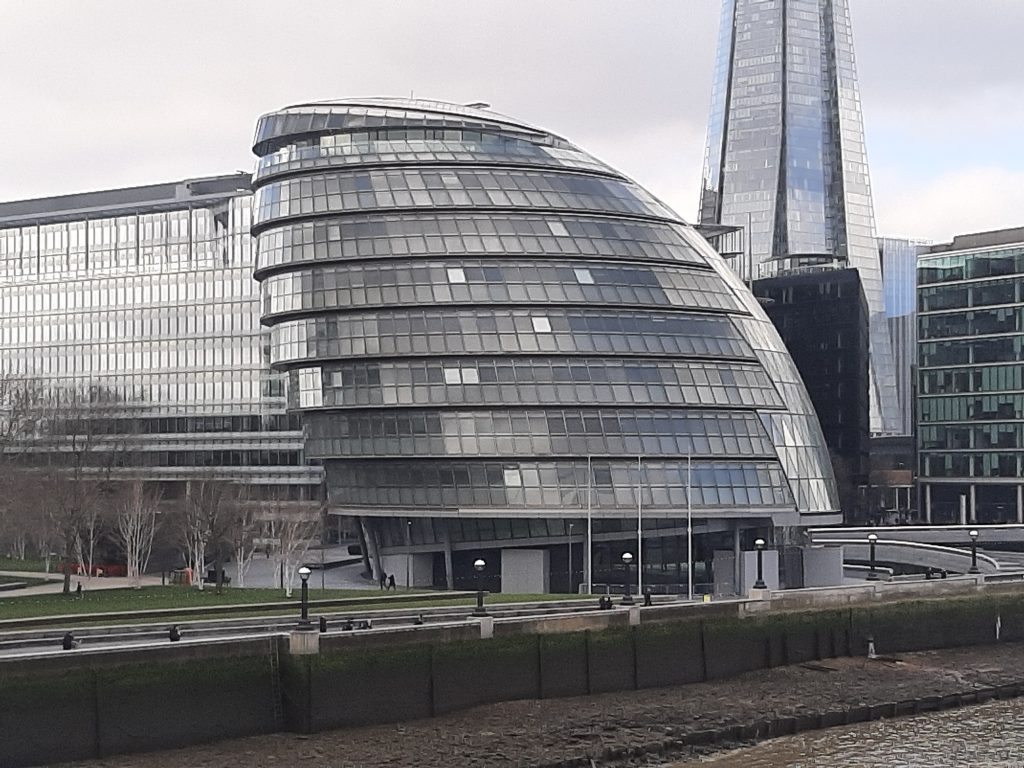
ABOUT ME
In 26 years I fought and won nine elections, gaining places on two big councils and the London Assembly.
I led two political groups and chaired big committees, including the high profile London Mayor’s Question Time.
And I topped it off as the Deputy Mayor of London
I also studied Law and was Called to The Bar at the Middle Temple in 1997
After I left politics I travelled, coaching local politicians in the Middle East.
Helping them to raise their Media Profile and secure the recognition they deserve.
I’ve worked with candidates and councillors in the UK since 2005
And many of my clients have gone on to become Members of Parliament and Government Ministers
I teach Political Advocacy, combining the skills of successful barristers with the charisma of high profile politicians
Every client has their own unique talents but some stand out every time
In my experience, there are Five Key Skills that you absolutely need to nail down to be successful
Here they are:
FIRST – MEDIA RECOGNITION
This is vital.
A PR expert once told me that if you don’t get your efforts recognised, you might as well not have made them.
This is particularly true in the competitive world of politics.
In Iraq I worked with councillors who struggled to get media coverage, even though the city had more than 70 radio and TV stations!
I taught them to understand how journalists thought and where they got their news stories from – often their sources were surprising.
Best of all, they learned to help the media to do their job.
And my clients saw their profiles soar, improving their chances of promotion and re-election.
Understanding Media Food Chains is vital, I explain more about this here.
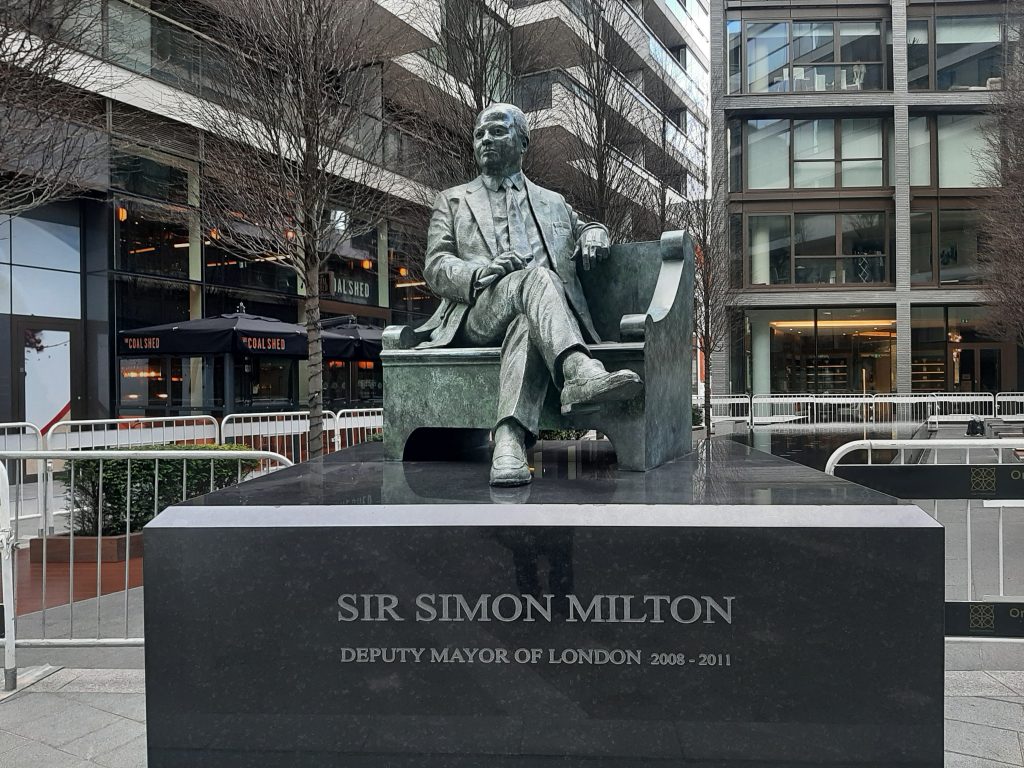
SECOND – EFFECTIVE POLITICAL ADVOCACY
Your Council will usually give you training in presentation skills, and this is great as far as it goes.
But it won’t help you to be any better than the average person in the room
And this is important because you can do more for your reputation with a powerful five minute speech than with months of casework.
I built my own political career on a solid foundation of Political Advocacy
Political Advocacy helps you to assemble an argument, using the principles of Causation
And to illustrate that argument with relevant data and memorable examples.
It creates a speech which can be easily quoted by the media
It gives your constituents confidence in your ability to represent them and get things done
And it makes you Look Like a Leader to political colleagues – which is never a bad thing, as you never know when opportunities will present themselves.
For advanced speaking, you can use Humour and Emotion to really grab attention
And you can use simple structures to create and deliver a five minute speech at very short notice
Effective Political Advocacy is a vital skill to learn so I have written about it here.
THIRD – MASTERING SCRUTINY WITH A HUNGER FOR KNOWLEDGE
Scrutiny presents a real challenge to new councillors
You have to climb a very steep learning curve to master your new committee roles
Then you get reshuffled to a new committee and have to start the learning process all over again!
You face a mountain of new detail but buried in there are the nuggets that you need to find.
Curiosity and a Hunger for Knowledge are essential to all politicians
Many have researchers and advisers but at council level you are going to have to do it all on your own
It helps to know what you are looking for in the committee reports, to understand the complex data
And to ask forensic questions when the committee meets with officers and other witnesses
Becoming a good scrutineer will earn you respect from councillors and council officers
And this makes your job of helping your constituents easier, because officers who respect you are more likely to offer you solutions instead of problems.
I coach councillors to improve their scrutiny skills, contact me to learn more.
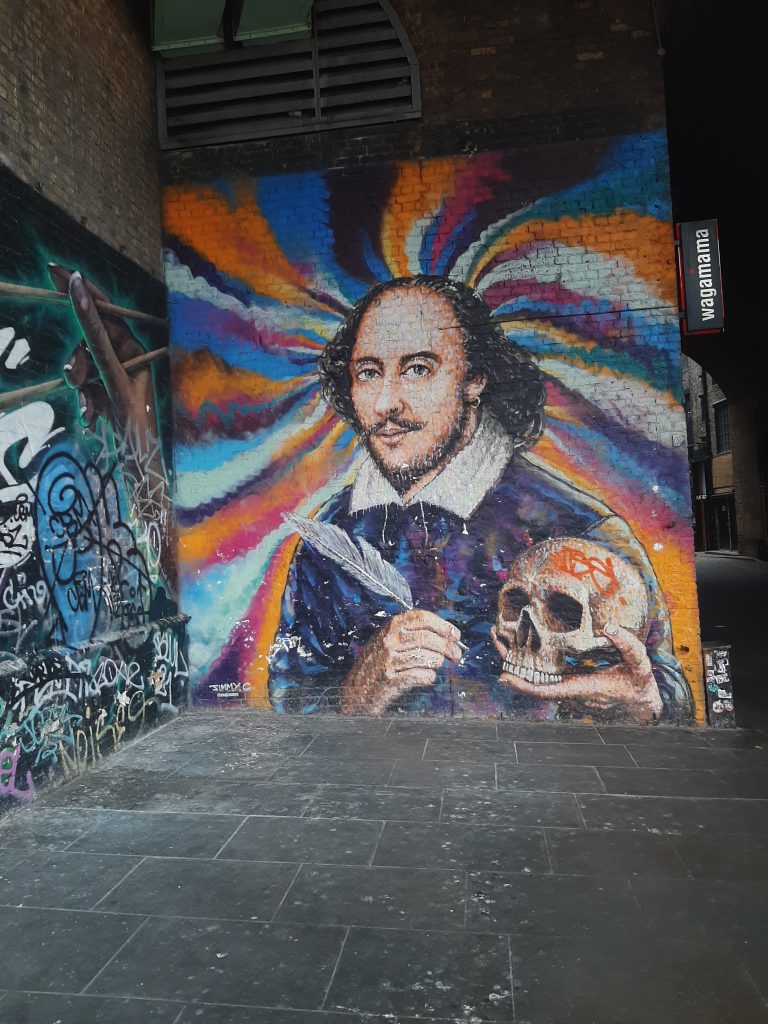
FOURTH – DOMINATING IN COMMITTEE, AND CHAIRING BIG MEETINGS
Many of us hate working in committee
Meetings are often seen as a waste of time
You can’t afford that luxury
Every council committee offers an opportunity to build your reputation
But you need to prepare, to set your own goals and to understand the thinking and motivation of the other people around the table.
Every meeting will have Three Agendas:
An Official Agenda, which will be available to everyone who attends and can be read by the public.
A Political Agenda, which will be different for each party, enabling them to use the committee to promote their policies.
A Personal Agenda, which will be different for everyone who attends
It is important to be able to speak up and make your contribution without hogging the time or disrupting proceedings.
So careful planning is essential
And all the more so if you have the responsibility of chairing the meeting.
As the Chair you need to be aware and on the ball for the entire meeting, which may last for several hours
Good officers and advisers can help you but ultimately the responsibility for the meeting lies with you, so chairing can be a serious challenge.
Being a respected committee chair or member will give you a higher profile, greater trust and well earned responsibility. Contact me to learn more.
FINALLY – SQUEEZING TWO HOURS OUT OF ONE
Candidates for council will often be told that they only need to sacrifice two nights a week
This is untrue – at least if you want to be taken seriously, to achieve change and to secure responsibility.
You can easily find yourself working every day, buried in paperwork and wondering why you ever volunteered
The council may offer you training in Time Management.
This will help you to prioritise by deciding which pieces of work are Important and which are Urgent – or both.
But are these really Your Priorities?
Looking ahead at the start of each week I prefer to identify Challenges and Opportunities in my diary. I categorise them in three ways:
Detail – challenges that need study beforehand. Which papers do I need to read? What information do I require? Which Questions will I ask?
Networking – social or ceremonial occasions. Who will I be meeting? Is there anyone I particularly want to talk to? Do I need to prepare a short speech?
Speaking – big set piece speeches, offering a Golden Opportunity to shine. Who are the audience? What is my message? How can I make it memorable? Should I release it to the press?
Councillors are always short of time. You can’t afford to miss an opportunity so you need to be alert and prepared. Planning ahead is crucial.
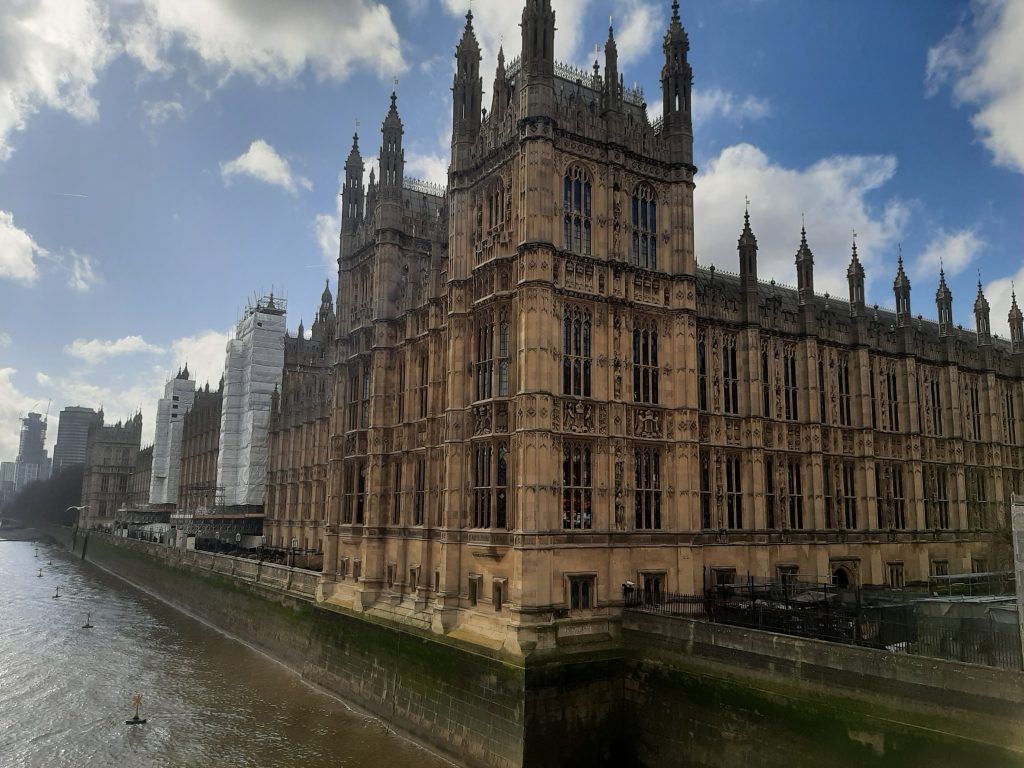
WHY COACHING?
The council are likely to offer training in many soft skills as well as detailed support for specialist subjects
And you may have received training at work which is also useful
But these organisations train you to achieve Their Goals – not yours
Corporate Trainers will tell you that there is No ‘I’ in Team
But we know that there are two ‘I’s in Politics
I coach clients on a one to one basis because everybody is different
Each person has Their Own goals they want to achieve
They have Their Own strengths, skills and experience to help them
And they face Their Own Unique Challenges along the way
Learning in a Group simply won’t give you the insight and confidence that You are looking for
THE OFFER
That’s why I’m offering you thirty minutes of my time, FREE OF CHARGE
To help you to plan your progress for the next stage of your Councillor Journey.
You’ve read this far so I feel it’s the least I can do!
If you want to work with me in more detail then that’s fine but there’s no obligation on either of us
Indeed I work with relatively few clients because I want to give them my best and I want to be sure they will benefit from my help.
So Contact me to arrange a short session and we can see how it goes
And Remember, success in the competitive world of Politics is about Preparation – not Fate